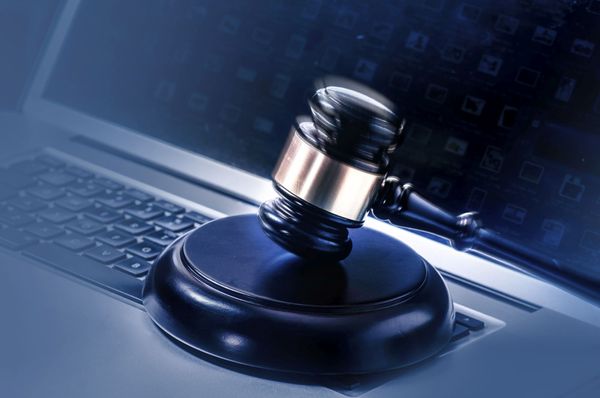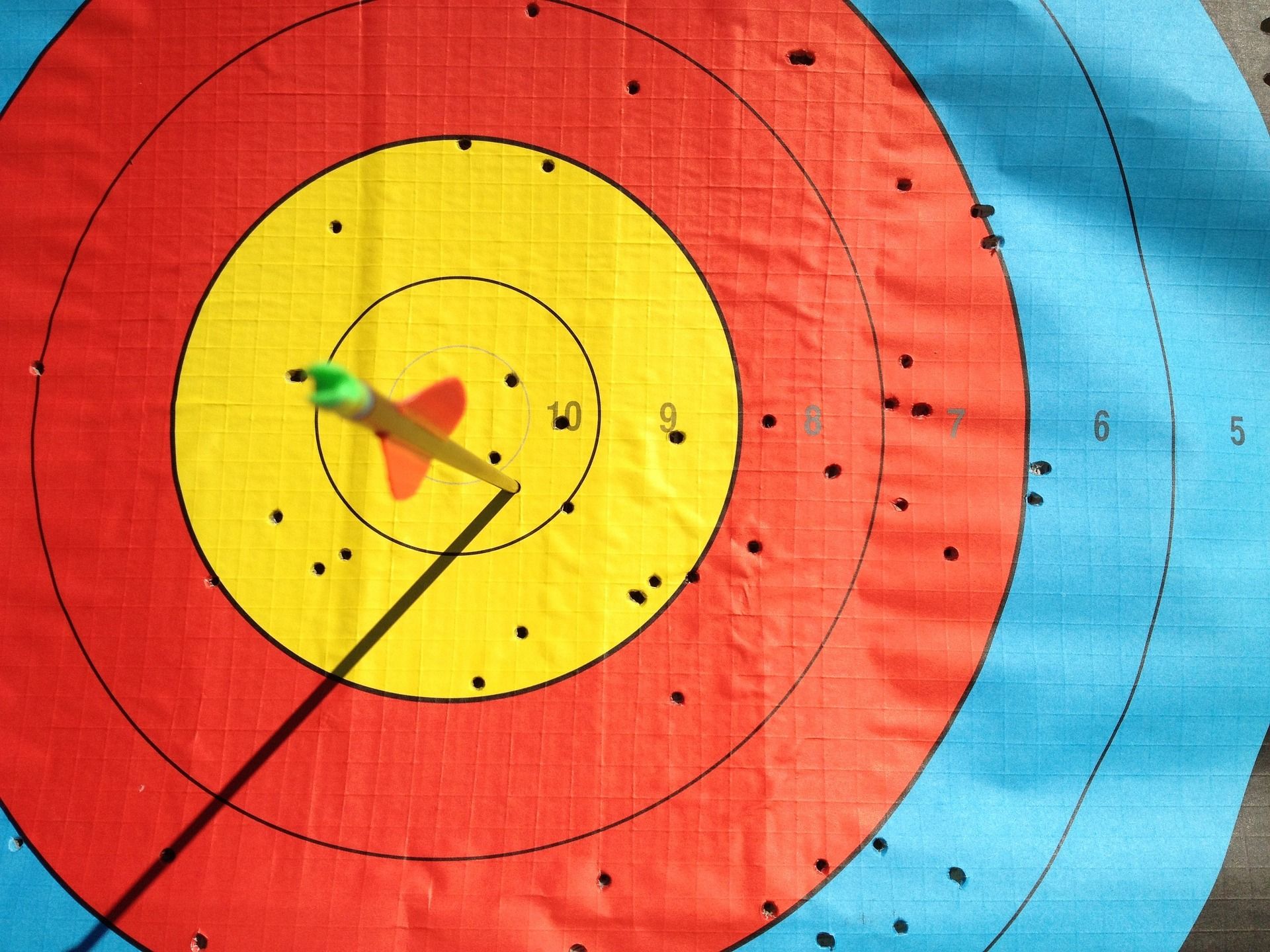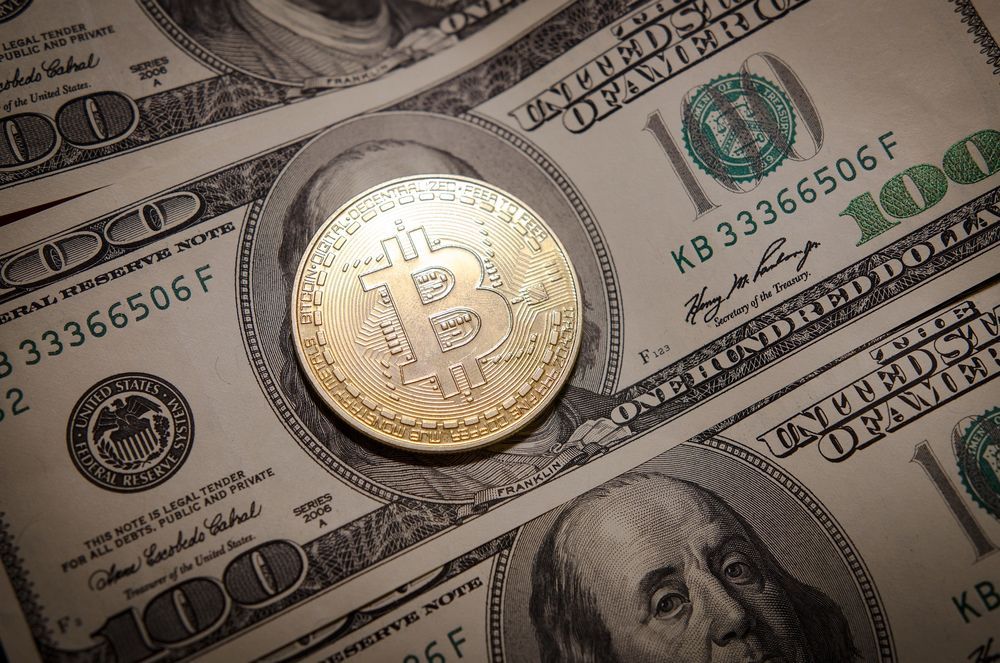Is VPN Legal? Understanding VPN and the Law around the World

The surge in popularity of VPNs among privacy-conscious netizens stems from their ability to anonymize your connection, encrypt your traffic, and circumvent geo-restrictions set in place by various entities.
It’s no surprise that their usefulness in protecting individual privacy often leaves them at the center of legal disputes, often driven by regulatory authorities who aim for complete transparency and total control over Internet traffic.
While using a VPN is mainly legal, relying on this technology could technically get you in trouble in some situations. For instance, using a VPN in a prohibited country or engaging in criminal activities while connected to a VPN server could draw severe penalties.
In the following few sections, we shed some light on VPN laws and regulations, so you can better understand the legal implications of turning to this type of privacy protection service.
Is it legal to use VPN?
In most countries, using a VPN is not only perfectly legal, but also encouraged to help protect your online privacy, evade online tracking and access geo-restricted content.
Many companies embrace VPN technology to grant employees access to corporate resources and networks while working remotely. It's worth mentioning that corporate VPN and consumer-grade ones such as Bitdefender VPN are not the same, but they rely on similar technology.
While the use of a VPN is not inherently illegal in most countries, the consequences can be severe for using the service to cover illegal or immoral acts, such as:
- Hacking
- Cyberbullying
- Pirating copyrighted material
- Posting hate speech
- Doxxing
- Trading illegal objects or services on dark web marketplaces
- Accessing illegal content (bypassing firewalls unlawfully)
Where is VPN illegal?
As mentioned, not all countries embrace VPN usage, and while some just regulate it heavily, others declared it completely illegal. These countries are:
- Belarus–Illegal – Any Internet anonymization service (including Tor, proxy, and VPN) is considered illegal in this country.
- China– Heavily regulated–China's Great Firewall used to control and censor information within the country would be rendered unusable if it was easy to circumvent. Only government-licensed VPNs are allowed in this country.
- Egypt–Regulated–This country bans certain services, including VoIP and video-calling apps, because they are"immoral." While VPNs are not illegal here, the government restricts VPN use to prevent access to blocked content and apps.
- Iraq–Illegal–The government relies on various forms of online censorship to prevent citizens' access to certain types of content. In this country, using a VPN is not legal.
- North Korea–Illegal–North Korea denies most of its citizens' access to the Internet but lets them connect to an intranet called Kwangmyong. Attempting to use a VPN in this country could get you in trouble, even earn you jail time.
- Russia–Illegal–Since 2017, VPNs have been entirely outside the law in this country.
- Turkey– Restricted, but legal– Turkey restricts access to several social media platforms and websites like Facebook, Twitter, Wikipedia and YouTube. While VPN use is not illegal, the government blocks many providers in this country.
- UAE–Restricted, but legal–The United Arab Emirates bans specific app categories, such as Video Calling and VoIP, but doesn't ban VPN unless used for criminal activities.
These are just some of the countries in which using a VPN is not 100% legal. As a rule, before you download and use a VPN, make sure that no laws or regulations would prevent it or get you in trouble for doing so.
Is it legal to bypass censorship with a VPN?
Unfortunately, the topic of bypassing censorship with a VPN falls into a grey area because a wide range of factors is in play. First and foremost, it depends on whether you're in a country where bypassing censorship is illegal or not.
Second, it also depends on the type of content you want to access; if it's geo-restricted content such as Netflix or other similar services, it's mainly allowed to use a VPN. Worst-case scenario, you get a warning, or your subscription gets canceled.
However, bypassing restrictions with a VPN is not legal if you're trying to access illegal content that the government blocks through firewalls and other technical means.
Using a VPN is not illegal, but you still need to be careful
The bottom line is that VPNs are mainly legal, but you'll want to make sure of that by checking your local laws and regulations, especially if you're considering getting a premium subscription plan.
Using a VPN service to keep your privacy safe and even bypass geo-restrictions is not even frowned upon in most countries. As a rule, the legality of a VPN has more to do with the activities you're using it for than the simple fact that you’re using it.
tags
Author

Vlad's love for technology and writing created rich soil for his interest in cybersecurity to sprout into a full-on passion. Before becoming a Security Analyst, he covered tech and security topics.
View all postsRight now Top posts
Few People Consider Themselves a Target for Cybercriminals, Bitdefender Study Shows
July 10, 2024
Uncovering IoT Vulnerabilities: Highlights from the Bitdefender - Netgear 2024 Threat Report
June 26, 2024
FOLLOW US ON SOCIAL MEDIA
You might also like
Bookmarks









